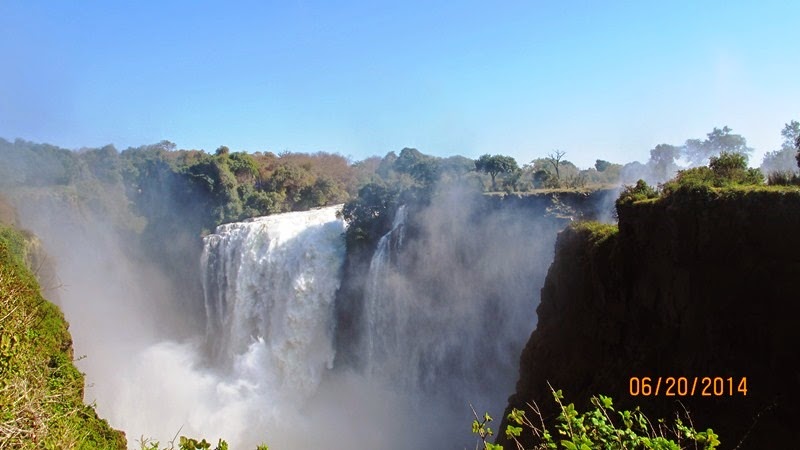Back in November I wrote a blog post about how I felt like I was living in a Human Zoo because I was inside the house (i.e. the cage) and the monkeys were outside looking in at me. Today I was reminded of that again.
The gate where I exit campus often has a lot of solicitors where people will sell candies or fat cakes or other food items. Students, faculty and staff members will often stop at these food stalls to purchase snacks in between classes. Since it was a Friday I left campus early, around 1pm, which is generally lunch time here, so the lines of students waiting to buy their fat cakes and hot dogs were particularly long. I walked past the many queues and out of campus to find a game-drive vehicle full of tourists who were watching the students and taking pictures. I thought it odd that people would stop to watch what I consider a normal part of my life. Of course, that feeling was heightened when an individual in the vehicle pointed at me and said, “Look! A white person!” He said it with the same amount of enthusiasm as I would tell my companions on an actual game drive, “Look! An elephant!” after a particularly challenging spot.
I looked at the individual who pointed me out quizzically as if to ask, “What are you looking at?” And he stared back as if to communicate, “What are you doing here?” I feel as if I better understand what it is like to be an elephant staring at a group of safari goers now.
I frequently receive the finger point and subsequent, “Lekogwa!” (white person) from the Batswana, but I don’t think anything of it. I tend to think of myself as a local attraction (since the locals stare at me), as opposed to a tourist attraction (because tourists typically don’t pay attention to me).
I continued my walk home pondering the tourists looking through their binoculars at the students buying lunch.
In recent years slum tourism has grown in popularity. If you are unfamiliar with slum tourism, it is exactly what it sounds like. People pay money to take tours of slums. Sometimes customers are paying exorbitant amounts to see what it is like to live in a tin shack with 10 of your relatives with no indoor plumbing, sanitation or belongings. I’ve spent enough time in slums in Africa that I don’t understand the draw, and to a certain extent I resent it.
Some make the argument that slum tourism is educational and socially enlightening. I’m not sure how convinced I am. Spending three hours being shown around a slum by an orphan with AIDs who is probably being paid $1 when you’ve paid $50 for the ticket, and then returning to your 5-star hotel, isn’t my idea of social enlightenment for the masses.
I’m not entirely sure I would equate the game drive passengers watching college students to slum tourism, but it felt eerily similar.











